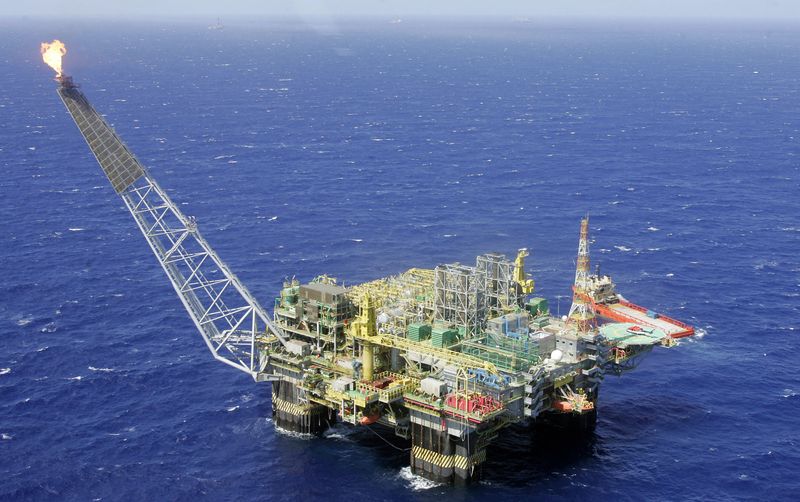Crude Oil Edges Lower; Demand Weakening Fears Continue to Mount
2022.08.04 16:30

By Peter Nurse
Investing.com — Oil prices edged lower Thursday, continuing to drop after falling to near six-month lows during the previous session on renewed demand fears, although global supplies remained tight.
By 9:10 AM ET (1310 GMT), U.S. crude futures traded 0.1% lower at $90.61 a barrel, while the Brent contract fell 0.5% to $96.33.
U.S. Gasoline RBOB Futures were down 1.8% at $2.8594 a gallon.
Both benchmarks fell by around 4% on Wednesday, to their weakest levels since February, after data from the Energy Information Administration showed a surprisingly large build in crude inventories of 4.5 million barrels last week.
The rise in stocks, particularly during the summer driving season, raised fears that the elevated oil prices are weighing on demand from the world’s largest consumer.
Adding to the concerns over global demand was the decision of the Bank of England to increase its benchmark interest rate by 50 basis points in an attempt to curb inflation that the central bank saw peaking at over 13% later this year.
The BOE also predicted the U.K. economy will enter recession in the fourth quarter of 2022, something that most economies in mainland Europe are likely to also suffer as the year progresses.
Countering this view was the news that Saudi Arabia, the world’s top oil exporter, has raised its September crude oil prices for Asian buyers to record-high levels, suggesting continued demand from that part of the world.
Turning to the supply side of the equation, the Organization of Petroleum Exporting Countries and allies, a group known as OPEC+, agreed to a 100,000 barrel-a-day increase at its meeting on Wednesday.
“However, it is unlikely that the market will see this amount of oil, because many producers cannot increase production. This increase is so negligible when compared with the total global oil supply of around 100 million bpd, that it is essentially nothing,” said Ellen Wald, President at Transversal Consulting.
“OPEC+ is essentially treading water, waiting to see whether a global recession bites into demand and sends oil prices tumbling, or whether western nations will implement their own sanctions on Russian oil,” she added.
“It is unlikely that OPEC+ will try to put together a new longer-term production deal until they have a better idea of how these factors will impact the market.”
Reuters reported that Saudi Arabia and the United Arab Emirates, the de facto leaders of OPEC, stand ready to deliver a “significant increase” in oil output should the world face a severe supply crisis this winter, but there must be doubts about the extent of the spare capacity even these two major producers have.








